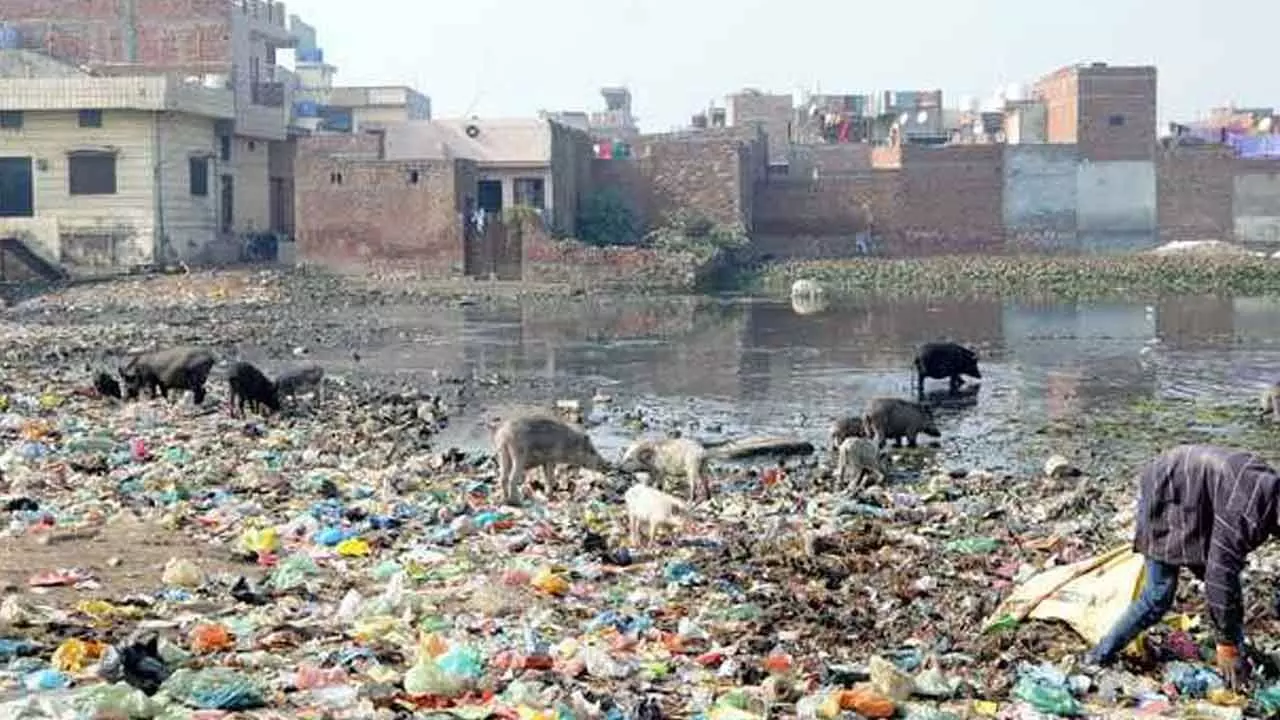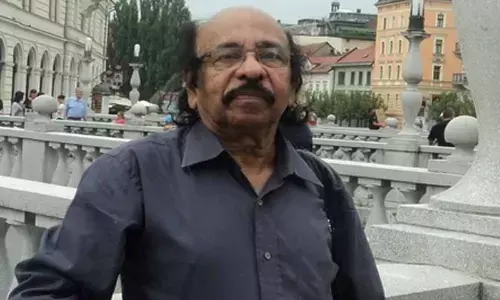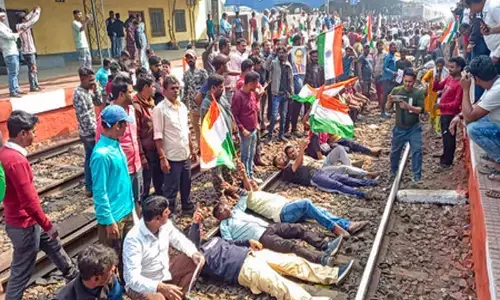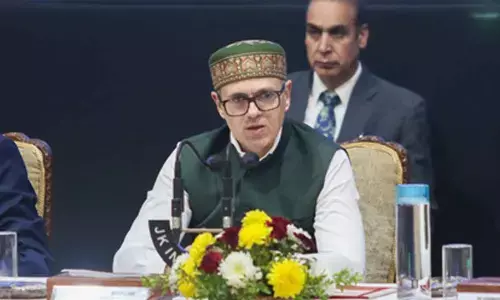Why poor sanitation remains a common sight

“Sanitation is more important than political independence” – Mahatma Gandhi. “A clean India would be the best tribute India could pay to Mahatma Gandhi,” PM Narendra Modi had said in 2019, the 150th anniversary of the Father of Nation. The Swachh Bharat Mission completed the 10 years of implementation on October 2, 2024. This year’s theme, ‘Swabhav Swachhata, Sanskaar Swachhata,’ emphasises the importance of cleanliness and environmental well-being.
In the last 10 years, reports claim that 78 per cent of the waste in the country is processed and that the government has exceeded its toilet construction target of 507,587 by 25 per cent, completing 6,36,826 toilets. It thus significantly increased access to toilet facilities. The government claims over 82 per cent of households in the country have access to toilets, with the Urban India reporting 95.6 per cent coverage while it 76 per cent in rural India.
However, the perception of India continues to be low at the global level. India was ranked 112 on the Global Health Index Score of 2023. As per studies by WaterAid and other bodies, the number of people having no access to a toilet in India is around 732 million. Women and girls account for half of them. India figures at the sixth position among the top 10 nations working to reduce open defecation. Since the launch of the Swachhta mission, open defecation scourge has only been reduced by just 40 per cent, studies reveal.
Despite some giant strides in the area of sanitation, why do clean living conditions for the poor remain a big ask in the country?
Thousands of poor lives, particularly children, are lost to diarrheal and waterborne diseases and microbial contamination. Poor sanitation also exacerbates poverty as workers and labourers languish with illnesses. The impact on children in such families is acute both in terms of nutrition and education. Inadequate water, sanitation and hygiene (WASH) services in India’s health facilities contributes to the high neonatal mortality rate, which is currently 24 deaths per 1000 live births.
The last census in 2011 pointed out that about 46 per cent of Indian households were without toilets, and 49 per cent of the population were resorting to open defecation. Of course, a small percentage of population has access to public toilets. Not only that forty per cent of India’s waste was found to be remain uncollected and untreated, with human sewage directly flowing into rivers in many cities. The Modi government is yet to conduct the decadal survey.
Save for the Prime Minister of this country, Narendra Modi, we rarely find any leader in states energetically pushing for realization of Swachh Bharat goals. Their participation is critical for a Sampoorn Swachh Bharat.
When will clean surroundings, sound waste disposal and access to safe water come to dominate civic conversations, despite social media on tip of their fingers? It is sad that shrinking of our water bodies as well as their increasing chemical contamination is yet to stir public conscience so as to catalyse a public movement for delivery of minimum basic standards of living conditions by the governments.
Yes, the right to health is considered a fundamental right in India, though it is not explicitly recognized in the Indian Constitution. We cannot depend on judicial interventions to do us justice, while condoning the lackadaisical attitudes of politicians and bureaucrats. Pathetic civic cleanliness with lack of access to drinking water and toilets has for long been the bane of this country. The first and foremost thing to do is provide liberal funds to civic bodies with a constant and close public scrutiny of their actions.

















